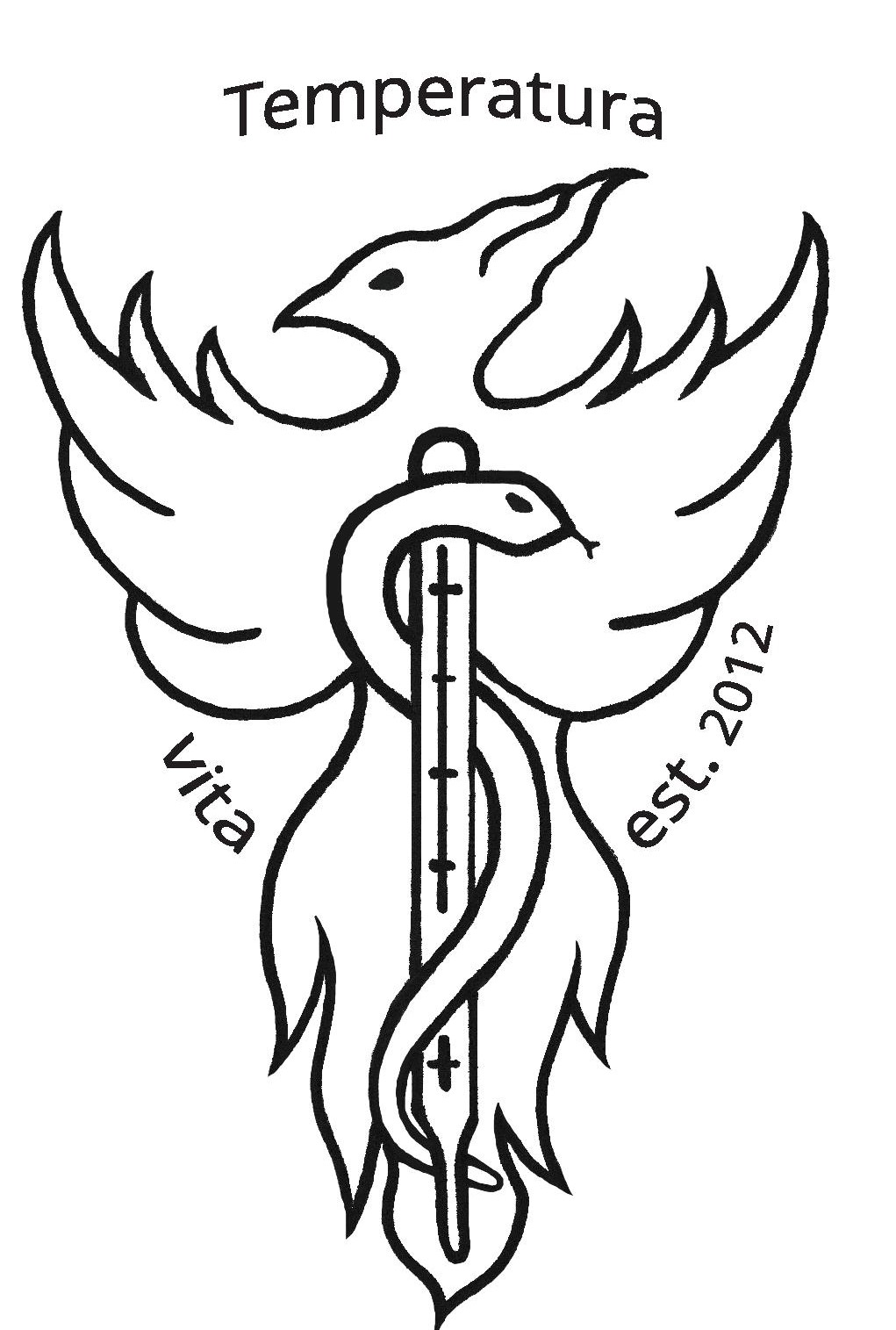
ANDRÁS GARAMI
University of Pécs Medical School
Institute for Translational Medicine
Address: 12 Szigeti str. H-7624 Pécs, Hungary
E: andras.garami@aok.pte.hu
T: +36-72/503-647
Introduction
Normal body temperature – which is essential for life – is maintained by various thermoregulatory mechanisms. Any disturbance in the thermoregulatory processes jeopardizes the health of the whole organism. Thermoregulatory disorders can be found in a plethora of pathological conditions, including febrile diseases, systemic inflammation (e.g., sepsis), organ dysfunctions (e.g., pancreatitis), heat stroke, and hypothermia. Because of the wide range of thermoregulatory disorders, it is of utmost importance to discover the related pathophysiological processes. More and more influencing factors are identified in the thermoregulation system, such as the pH status and transient receptor potential channels. In our research, we aim at identifying the neural substrates and molecular mediators involved in the thermoregulatory processes mainly in different animal models, but to some extent also in human studies. The newly obtained findings can further advance the knowledge of bodily homeostasis, moreover, they can open new directions in clinical practice, most of all intensive therapy, and other sciences. For example, successful development of drugs that are designed specifically to target body temperature, could pave the road to pharmacologically controlled temperature management, thereby advancing the therapeutic approaches in clinical conditions with thermoregulatory disorders.
Laboratory techniques
Various surgeries in rodents (e.g., brain cannula, intraperitoneal and intravenous catheter implantations, vagotomy, cecal ligation, implantation of abdominal radiotransmitter and osmotic minipump). Thermocouple thermometry (core and skin temperature measurement in incubator chamber). Respirometry measurements (metabolic rate assessment with indirect calorimetry). Biotelemetry (investigation of circadian rhythm in rodents). Thermal imaging (skin and core temperature measurement with thermal camera in small animals and humans). Food intake, body composition, and nocifensive reaction measurements. Techniques of blood collection and tissue harvesting, as well as, sample storing for molecular biology experiments.
Members of the research group
Margit Solymár, Eszter Garaminé Pákai, Alexandra Csenkey, Patrik Kéringer, Zoltán Rumbus, Kata Fekete, Anikó Várnagyné Rózsafi, Zsolt Fehér, Gergő Józsa, János Toldi, Roland Bakos, Leonardo Kelava, Bíbor Gárdos
Selected publications
Keringer P, Furedi N, Gaszner B, Miko A, Pakai E, Fekete K, Olah E, Kelava L, Romanovsky AA, Rumbus Z, Garami A. The hyperthermic effect of central cholecystokinin is mediated by the cyclooxygenase-2 pathway. Am J Physiol Endocrinol Metab. 2022 Jan 1;322(1):E10-E23. doi: 10.1152/ajpendo.00223.2021.
Olah E, Rumbus Z, Kormos V, Tekus V, Pakai E, Wilson HV, Fekete K, Solymar M, Kelava L, Keringer P, Gaszner B, Whiteman M, Keeble J, Pinter E, Garami A. The Hypothermic Effect of Hydrogen Sulfide Is Mediated by the Transient Receptor Potential Ankyrin-1 Channel in Mice. Pharmaceuticals (Basel). 2021 Sep 29;14(10):992. doi: 10.3390/ph14100992.
Garami A, Shimansky YP, Rumbus Z, Vizin RCL, Farkas N, Hegyi J, Szakacs Z, Solymar M, Csenkey A, Chiche DA, Kapil R, Kyle DJ, Van Horn WD, Hegyi P, Romanovsky AA. Hyperthermia induced by transient receptor potential vanilloid-1 (TRPV1) antagonists in human clinical trials: Insights from mathematical modeling and meta-analysis. Pharmacol Ther. 2020 Apr;208:107474. doi:10.1016/j.pharmthera.2020.107474.
Olah E, Poto L, Rumbus Z, Pakai E, Romanovsky AA, Hegyi P, Garami A. POLAR Study Revisited: Therapeutic Hypothermia in Severe Brain Trauma Should Not Be Abandoned. J Neurotrauma. 2021 Oct 1;38(19):2772-2776. doi: 10.1089/neu.2020.7509.
Garami A., Steiner AA., Romanovsky AA. Fever and hypothermia in systemic inflammation. In: Thermoregulation, Part I: From Basic Neuroscience to Clinical Neurology. Romanovsky AA., editor. Handbook of Clinical Neurology. Aminoff MJ., Boller F., Swaab DF., editors. Oxford, UK: Elsevier 157:565-597, 2018. doi: 10.1016/B978-0-444-64074-1.00034-3.